Table of contents
- ABSTRACT
- PARTNERSHIP TO REPLACE DUMPING WITH ACCESS TO BEST AVAILABLE COOLING TECHNOLOGY
- INTRODUCTION TO THE ENVIRONMENTAL DUMPING OF COOLING EQUIPMENT
- THE BUSINESS OPPORTUNITY MARKETING EFFICIENT LOW GLOBAL WARMING POTENTIAL (GWP) COOLING EQUIPMENT
- COST ADVANTAGES OF THE MONTREAL PROTOCOL
- SUMMARY
- NEXT STEPS IN OPENING MARKETS TO AFFORDABLE CLIMATE-FRIENDLY COOLING TECHNOLOGY
- Notes
ABSTRACT
This paper explains the new business opportunities to sell climate-friendly cooling products in developing countries’ markets in which inefficient appliances with obsolete refrigerants are predominantly sold today. Market drivers include the European Union (EU) 2024 F-gas regulation prohibiting the sale of cooling equipment not eligible for sale in Europe and the complementary United States Environmental Protection Agency (US EPA) regulations on the phasedown of hydrofluorocarbons, which subject exports to these regulations implementing the Kigali Amendment to the Montreal Protocol on Substances that Deplete the Ozone Layer (Montreal Protocol). The paper describes a cost-effective way forward for cooling equipment manufacturers to offer environmentally superior products at affordable prices made possible by economy of scale, bulk sales, and campaign installation with specialized crews fully equipped with tools and supplies.
PARTNERSHIP TO REPLACE DUMPING WITH ACCESS TO BEST AVAILABLE COOLING TECHNOLOGY
The Ghana National Ozone Unit (NOU) and Ghana Energy Commission, on behalf of all of Africa, asked the Montreal Protocol to implement investment, prior informed consent, and ultimately shared responsibility to stop dumping in ways that developing country governments cannot accomplish. The following organizations are working in partnership with the African Parties to help replace dumping with access to best available cooling technology:
e it realistic at every level. It will not be easy, but if we are to be successful in the long term, it must be done.

CLASP (originally the Collaborative Labeling and Appliance Standards Program) provides technical and policy reports that document dumping, including assessing manufacturing company practices in the developing world. CLASP also advises on how developing countries can amplify the impact of energy efficiency standards and labels as these countries stop the dumping of unsustainable cooling equipment. In hundreds of projects and publications over two dozen years, CLASP has helped to defend cooling equipment purchasers against exploitation by providing information that shows how cheap but inefficient appliances are more expensive to operate and damaging to local and global environments in the long term, despite the lower initial cost.
The Climate & Clean Air Coalition (CCAC) is a partnership of over 160 governments, intergovernmental organizations, and non-governmental organizations convened within the United Nations Environment Program (UNEP). CCAC works to reduce powerful but short-lived climate pollutants (SLCPs) including hydrofluorocarbons (HFCs) in inefficient cooling equipment that drive climate change and air pollution.
The Institute for Governance & Sustainable Development (IGSD) focuses on fast cuts to non-carbon dioxide (CO2) climate pollutants and on other fast climate mitigation strategies to slow near-term warming and self-amplifying climate feedback, delay catastrophic tipping points, and limit global temperature rise. IGSD experts include respected and influential members of the Montreal Protocol Community who have developed the legal and economic foundation for actions to stop dumping and continue to work on accelerating the phaseout of greenhouse gases (GHGs) that deplete ozone and the phasedown of ozone-safe hydrofluorocarbon (HFC) GHGs.
INTRODUCTION TO THE ENVIRONMENTAL DUMPING OF COOLING EQUIPMENT
The Montreal Protocol controls the production and consumption of ozone-depleting substances (ODSs) that are GHGs and HFCs that are ozone-safe GHGs (Andersen and Gonzalez 2023). The Montreal Protocol’s Technology and Economic Assessment Panel and its Technical Options Committees guide the selection of replacement technology for both developing (Article 5) and developed (non-Article 5) Parties1.Article 5 Parties are further assisted in the selection of replacements by the investment guidelines of the Multilateral Fund for the Implementation of the Montreal Protocol (MLF) and the additional payments offered to safely use refrigerants with the lowest lifecycle carbon footprint, such as natural refrigerants ammonia, carbon dioxide, and hydrocarbons.
CLASP and IGSD reports on Africa (2020) and Southeast Asia (2023) marketplaces documented that manufacturers and suppliers ignore the global commons by offering only energy-inefficient cooling equipment with obsolete ozone-depleting and GHG refrigerants. This damaging business practice, called “environmental dumping,” occurs when developing country export markets are offered products that are not available for sale in the country of manufacture or the country where the manufacturer is headquartered due to not meeting that country’s performance and safety standards. (Andersen et al. 2018; Agyarko et al. 2022).

Figure 2. Low efficiency room air conditioner sales by market in 2021, with important and domestic shares indicated (source: CLASP and IGSD 2023).
In locations with long, hot, and humid cooling seasons and high electricity prices, the lifecycle ownership costs are significantly lower for efficient products that also help avoid climate tipping points. Tragically, money wasted on electricity for inefficient cooling equipment would otherwise be spent locally on education, health, nutrition, and other goods and services to enhance quality of life. Furthermore, equipment with poor energy efficiency creates compounding impacts on local and national economies. Higher energy demands contribute to electricity brown outs and black outs that damage expensive cooling equipment. To attempt to minimize disruptions in service, countries purchase imported electricity, resulting in imbalanced national payments for energy.

THE BUSINESS OPPORTUNITY MARKETING EFFICIENT LOW GLOBAL WARMING POTENTIAL (GWP) COOLING EQUIPMENT
Parties to the Montreal Protocol agreed by consensus in 2023 to Decision XXXV/13: The Import and Export of Prohibited Cooling Equipment, which reflects the importance of the shared responsibility of exporters and importers in stopping the dumping of new cooling equipment using obsolete ODS and HFC refrigerants not allowed in new equipment sold in the country of manufacture. The EU F-gas regulation 2024/573, which was adopted on 7 February 2024 and started to apply on 11 March 2024 (EU 2024), reflects the spirit of Decision XXXV/13 by prohibiting the export of certain used and new equipment containing, or whose functioning relies upon, fluorinated greenhouse gases with a high GWP. Specifically, stationary refrigeration and air conditioning equipment with F-gases (if covered by EU import bans) having a GWP of 1000 will be banned starting in 2025. The United States Environmental Protection Agency (US EPA) regulations on the phasedown of hydrofluorocarbons (effective 26 December 2023) apply restrictions on domestically manufactured products to those products intended for export (EPA 2023), complementing the EU F-gas directive. Consider also that the Kigali Energy Efficiency Decision and MLF investment guidelines will dramatically increase the production and imports of efficient equipment with next-generation refrigerants.

Manufacturers of environmentally superior cooling equipment are poised to supply new markets with bulk sales outside the peak cooling season from leftover inventory. In addition, with the fixed cost of research, development, and capital improvement already recovered from higher-priced sales in developed country markets as driven by caps on refrigerant GWP and high minimum energy performance standards (MEPS), manufacturers can undertake new production for these markets while benefiting from incremental costs lower than average cost.
It is important to note that bulk sales avoid marketing costs, and just-in-time delivery avoids warehousing and inventory taxes. Procurement can focus on just a few brands and models to simplify installation, replacement parts, and service. Finally, coordination with the Montreal Protocol MLF and Implementing Agencies can establish necessary training, tools, and other infrastructure at no cost to the equipment manufacturer.

COST ADVANTAGES OF THE MONTREAL PROTOCOL
The donor cost of protecting the climate under the Montreal Protocol is less than or equal to the cost of carbon finance under the other climate treaties. The Montreal Protocol pays the cost of avoiding greenhouse gas emissions from refrigerants released to the atmosphere. Specifically, the MLF pays the agreed incremental costs of Article 5 Parties’ transition from using ODSs and HFCs to using modern superior refrigerants. Parties not classified as under Article 5 (the developed country Parties) replenish the MLF. The agreed incremental cost is always equal or lower to a market price because it is based on the actual cost of equipment and refrigerants rather than the value of the damage of the ODSs and HFCs to human and natural ecosystems, as has been agreed for carbon trading.
Additionally, carbon trading allows for profits only limited by competition, including where intellectual property licensing and corporate monopolies result in price increases.
For example, the Montreal Protocol will pay just the cost of incinerating of HFC-23 produced as an unwanted byproduct of hydrochlorofluorocarbon (HCFC)-22 refrigerant and feedstock production, while the Clean Development Mechanism (CDM) paid 8–10 times more than the cost of destruction for the carbon value of the HFC-23 (Sarma and Andersen 2010).
The global advantage of paying the actual cost is that developed country taxpayers get more for their monetary contributions and generate a greater good for the climate versus simply being a mechanism for more profits to enterprises that stop their climate pollution or excess profits to the companies required to pay for mitigation of their climate damage.
SUMMARY
Montreal Protocol Parties have the authority, mandate, and ambition to avoid climate tipping points that would make life on Earth nearly impossible for humans and other lifeforms for centuries to come. The Montreal Protocol’s cooling community has the opportunity to be a bigger part of the solution by shifting away from the practice of dumping inefficient cooling equipment with obsolete GHG refrigerants in vulnerable A5 countries to enabling access in such countries to highly efficient technology with low lifecycle carbon footprint and cost made affordable by bulk purchase and buyers clubs. Together we can protect the planet.
NEXT STEPS IN OPENING MARKETS TO AFFORDABLE CLIMATE-FRIENDLY COOLING TECHNOLOGY
- All A5 Parties should implement Lifecycle Refrigerant Management (LRM), with training, tools, and surplus destruction paid by the MLF.
- More non-A5 Parties that export cooling appliances should join the EU, Japan, and USA in shared responsibility for banning the export of inefficient cooling products containing or functioning using fluorocarbons (whether already phased out or destined for phaseout) and/or not qualified for domestic sales due to prohibited GWP.
- Complementing above, A5 Parties should put in place an immediate ban on the import and manufacture of select cooling products with refrigerant GWP greater than global standards and provide replacement products at affordable cost with long-term savings.
- A5 governments should establish laws or regulations that define and ban “inefficient” equipment and promote behavioral change in consumers through awareness campaigns.
- Cooling equipment manufacturers should pledge to market the best available cooling equipment installed safely at competitive prices without price gauging.
- Environmental non-governmental organizations should identify those brands that dump and praise brands that market climate-friendly products in all markets around the world.
References
Agyarko, K. A., S. O. Andersen, R. Ferris, H. Zan, E. Osae-Quansah, G. Dreyfus, M. Rida Derder, L. Olonyi Bosire, L. Bloomer, and X. Sun. 2021. “The Importance of Stopping Environmental Dumping in Ghana: The Case of New and Used Cooling Appliances with Obsolete Refrigerants.” Duke Environmental Law & Policy 32: 51–106.
https://scholarship.law.duke.edu/cgi/viewcontent.cgi?article=1391&context=delpf.
Andersen, S. O., R. Ferris, R. Picolotti, D. Zaelke, S. Carvalho, and M. Gonzalez. 2018. “Defining the Legal and Policy Framework to Stop the Dumping of Environmentally Harmful Products.” Duke Environmental Law & Policy 29: 1–48. https://delpf.law.duke.edu/article/defining-the-legal-and-policy-framework-to-stop-the-dumping-of-environmentally-harmful-products-andersen-vol29-iss1/.
CLASP and IGSD (Institute for Governance & Sustainable Development). 2020. Environmentally Harmful Dumping of Inefficient and Obsolete Air Conditioners in Africa. CLASP, Washington, DC, and IGSD, Washington, DC.
https://storage.googleapis.com/clasp-siteattachments/2020-Environmentally-Harmful-Dumping-of-Inefficient-and-Obsolete-Air-Conditioners-in-Africa.pdf.
CLASP and IGSD. 2023. Pathways to Prevent Dumping of Climate Harming Room Air Conditioners in Southeast Asia. CLASP, Washington, DC, and IGSD, Washington, DC.
https://ozone.unep.org/system/files/documents/Pathways-to-Prevent-Dumping-of-Climate-Harming-ACs-in-SEA-Sep-2023.pdf.
EU (European Union) 2014. Regulation (EU) No 517/2014 of the European Parliament and of the Council of 16 April 2014 on fluorinated greenhouse gases and repealing Regulation (EC) No 842/2006. https://eur-lex.europa.eu/legal-content/EN/TXT/HTML/?uri=CELEX:32014R0517.
EU. 2023. External Data Spec: Fluorinated Greenhouse Gases 2023. https://www.eea.europa.eu/data-and-maps/data/external/fluorinated-greenhouse-gases-3.
EU. 2024. Regulation of the European Parliament and of the Council on fluorinated greenhouse gases, amending Directive (EU) 2019/1937 and repealing Regulation (EU) No. 517/2014, 19 January 2024, including art. 22/(3), art. 22(3). https://eur-lex.europa.eu/legal-content/EN/TXT/?uri=celex%3A52022PC0150.
Miller, A. S. 2024. Saving the Ozone, Saving Humanity. University of Virginia Press, Charlottesville, VA, USA.
Miller, A. S., D. Zaelke, and S. O. Andersen. 2021. Cut Super Climate Pollutants Now!: The Ozone Treaty’s Urgent Lessons for Speeding Up Climate Action. Changemaker Books, Winchester, UK and Washington, DC.
MLF (Multilateral Fund for the Implementation of the Montreal Protocol). 2023. A Global Challenge, Universal Solidarity. Online. http://www.multilateralfund.org/InformationandMedia/Brochures%20published%20by%20the%20Secretariat/MLF%20communication%20tool_1_May%202023_FINAL.pdf.
Molina, M. J., and F. S. Rowland. 1974. “Stratospheric Sink for Chlorofluoromethanes: Chlorine atom-Catalysed Destruction of Ozone.” Nature 249(5460), 810–12. https://doi.org/10.1038/249810a0.
Oelwang, J. 2022. Partnering: Forge the Deep Connections That Make Great Things Happen. Optimism Press/Random House, New York, NY.
Orihuela-Pinto, B., M. H. England, and A. S. Taschetto. 2022. “Interbasin and interhemispheric impacts of a collapsed Atlantic Overturning Circulation.” Nature Climate Change 12(6), 558–565, 558.
http://www.nature.com/articles/s41558-022-01380-y.
Ramanathan, V., 1975. “Greenhouse Effect Due to Chlorofluorocarbons: Climatic Implications.” Science 190(4209), 50–52. http://www.jstor.org/stable/1740877.
Sarma, K. Madhava, Stephen O. Andersen, and David Doniger. 2010. “Making Climate Change and Ozone Treaties Work Together to Curb HFC-23 and Other ‘Super Greenhouse Gases’.” NRDC (National Resources Defense Council). Issue Paper. NRDC. https://www.nrdc.org/sites/default/files/hfc23.pdf.
Seidel, S., and J. Ye. 2015. “Patents and the Role of the Multilateral Fund.” Center for Climate and Energy Solutions (C2ES), Washington, DC. https://www.c2es.org/wp-content/uploads/2015/10/patents-role-multilateral-fund.pdf.
Seidel, S., J. Ye, S. O. Andersen, and A. Hillbrand. 2016. “Not-In-Kind Alternatives to High Global Warming HFCs.” C2ES, Washington, DC.
https://www.c2es.org/wp-content/uploads/2016/10/not-in-kind-alternatives-high-global-warming-hfcs.pdf.
Sherry, D., M. Nolan, S. Seidel, and S. O. Andersen. 2016. HFO-1234yf: An Examination of Projected Long-Term Costs of Production. C2ES, Arlington, VA, and IGSD, Washington, DC.
https://www.c2es.org/document/hfo-1234yf-an-examination-of-projected-long-term-costs-of-production/.
SPLC (Sustainable Purchasing Leadership Council) and IGSD. 2021. Recommendations for Climate Friendly Refrigerant Management and Procurement. Online.
UNEP (United Nations Environment Programme) Ozone Secretariat. 2023. “Decision XXXV/13: The Import and Export of Prohibited Cooling Equipment.” UNEP, Nairobi, Kenya. https://ozone.unep.org/treaties/montreal-protocol/meetings/thirty-fifth-meeting-parties/decisions/decision-xxxv13-import-and-export-prohibited-cooling-equipment?source=decisions_by_issue&args%5B0%5D=475&parent=2990&nextParent=2992.
US EPA (United States Environmental Protection Agency). 2023. Final Rule on HFC Restrictions Under the American Innovation and Manufacturing Act of 2020 (AIM Act), 40 Code of Federal Regulations Part 80, Section 84, including provisions prohibiting the import, sale, distribution, purchase, and export of certain products that use HFCs. https://www.federalregister.gov/documents/2023/10/24/2023-22529/phasedown-of-hydrofluorocarbons-restrictions-on-the-use-of-certain-hydrofluorocarbons-under-the.
US EPA. 2024. “Fact Sheet: Final Rule – Phasedown of Hydrofluorocarbons: Establishing the Allowance Allocation and Trading Program under the American Innovation and Manufacturing (AIM) Act.” https://www.epa.gov/system/files/documents/2021-09/hfc-allocation-rule-nprm-fact-sheet-finalrule.pdf.
Velders, G. J. M., S. O. Andersen, J. Daniel, and M. McFarland. 2007. “The Importance of the Montreal Protocol in Protecting Climate.” Proceedings of the National Academy of Sciences 104(12): 4814–4819. https://www.pnas.org/doi/full/10.1073/pnas.0610328104.
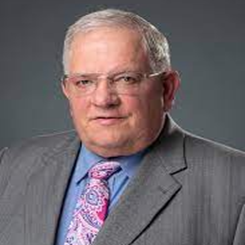
Stephen O. Andersen
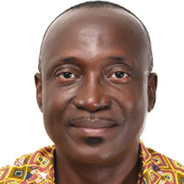
Kofi A. Agyarko
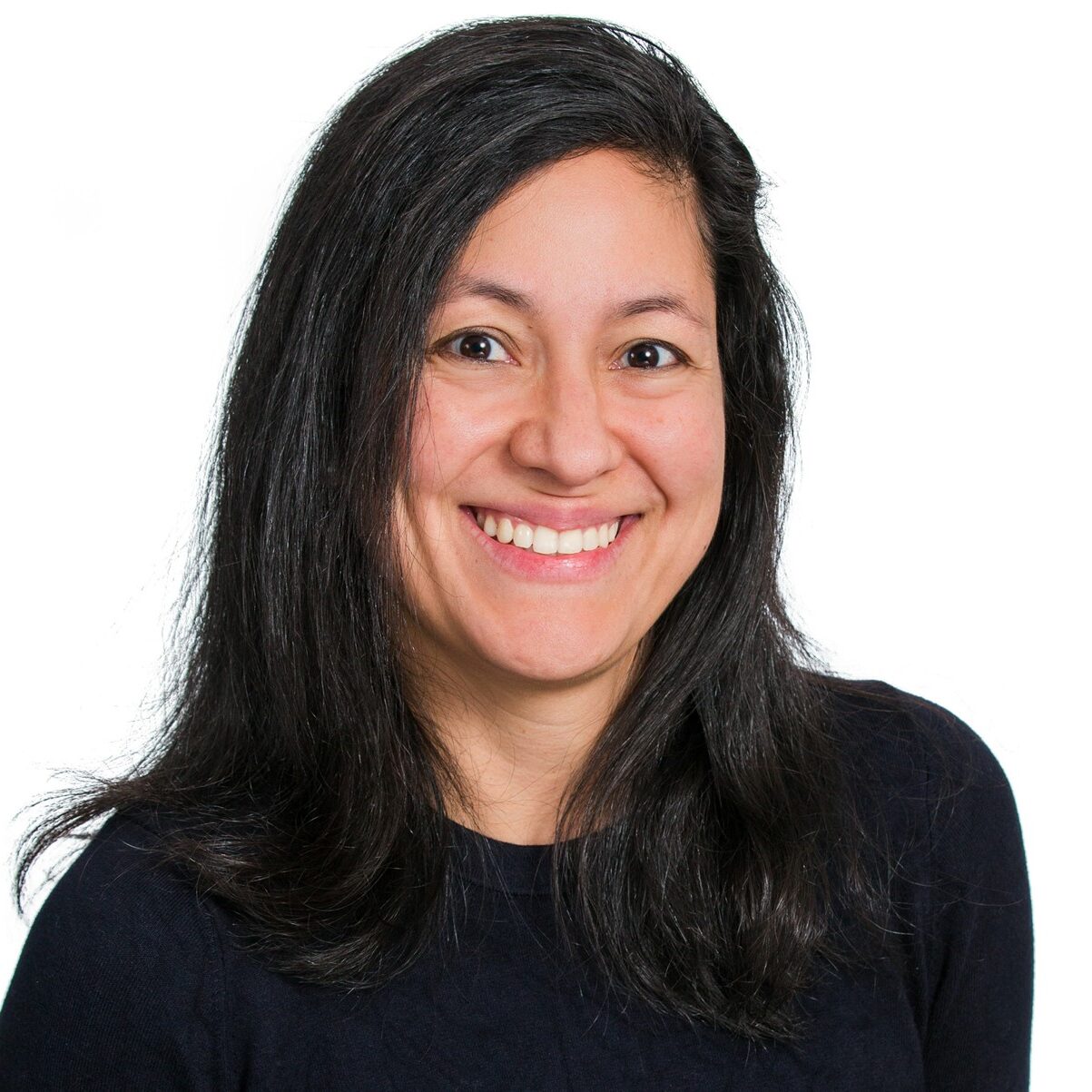
Ana Maria Carreño
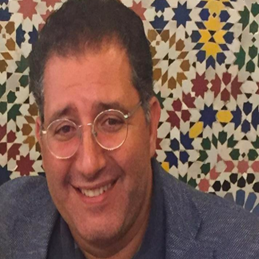
Mohamed Rida Derder
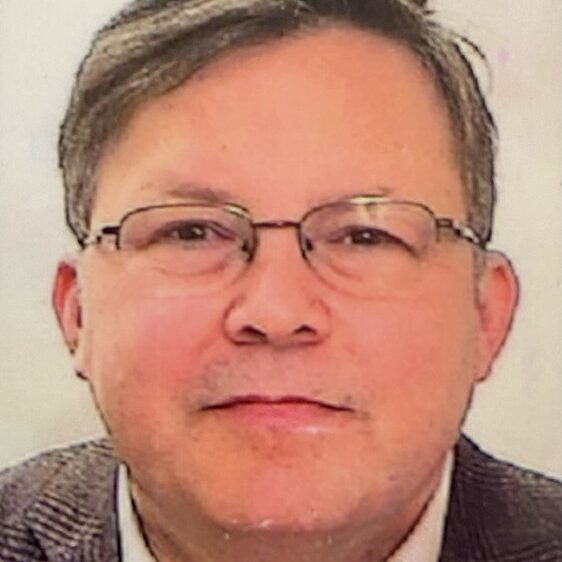
Richard “Tad” Ferris
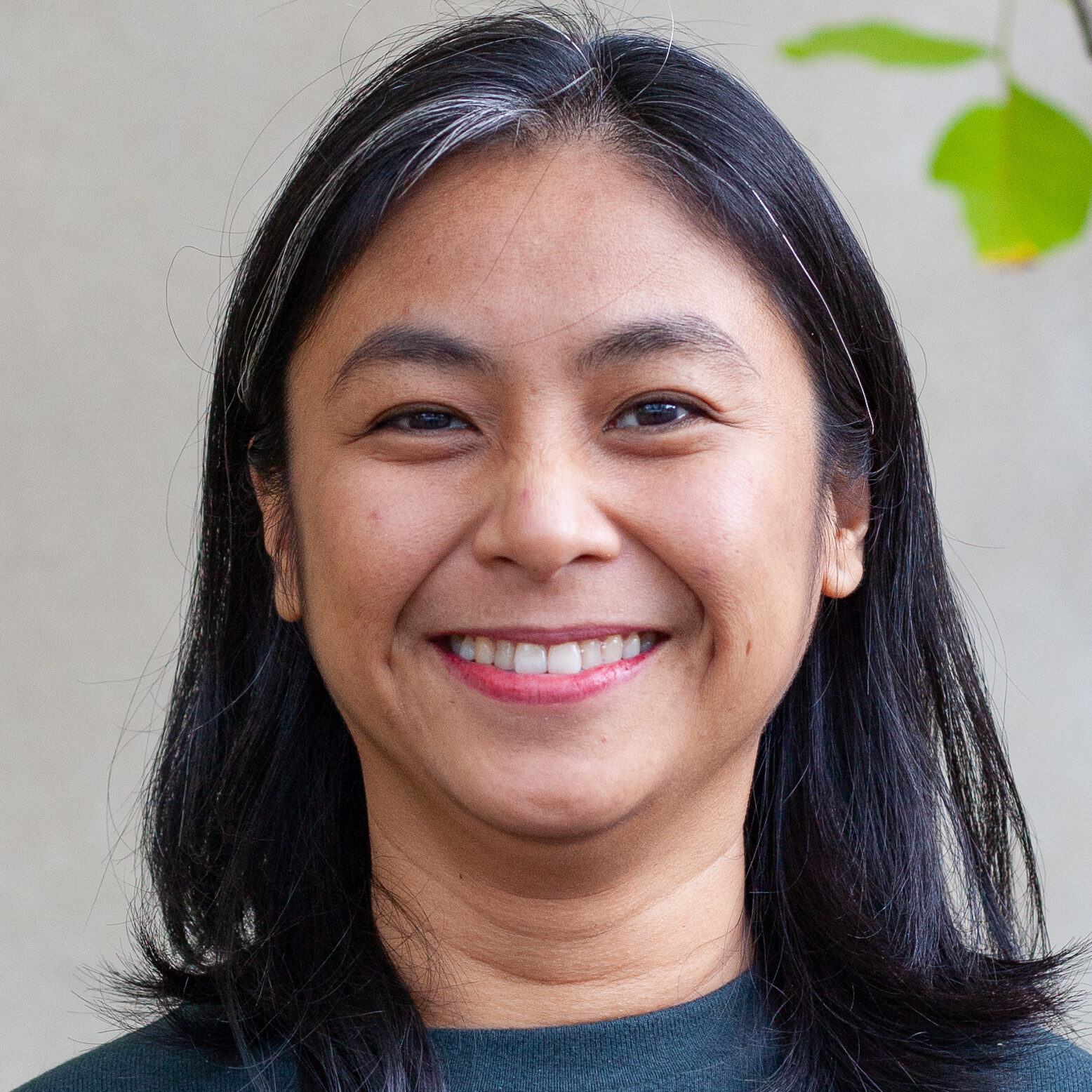
Denise San Valentin

Hubert Zan
Notes
- Parties characterized as operating under Article 5, paragraph 1 of the Montreal Protocol (so-called “Article 5” Parties) were originally Parties to the Montreal Protocol classified by the United Nations (UN) as developing and consuming less than 0.3 kg/capita of the originally controlled ODSs. Parties not classified under Article 5 are “non-Article 5 Parties,” namely developed countries. Over time, the Montreal Protocol Ozone Secretariat managed the process of reclassification of Parties for various reasons, and when the Union of Soviet Socialist States was reorganized, the former Soviet States “countries with economies in transition (CEIT) were financed by the Global Environment Facility (GEF) because the UN did not classify Soviet States as developing. ↩︎
